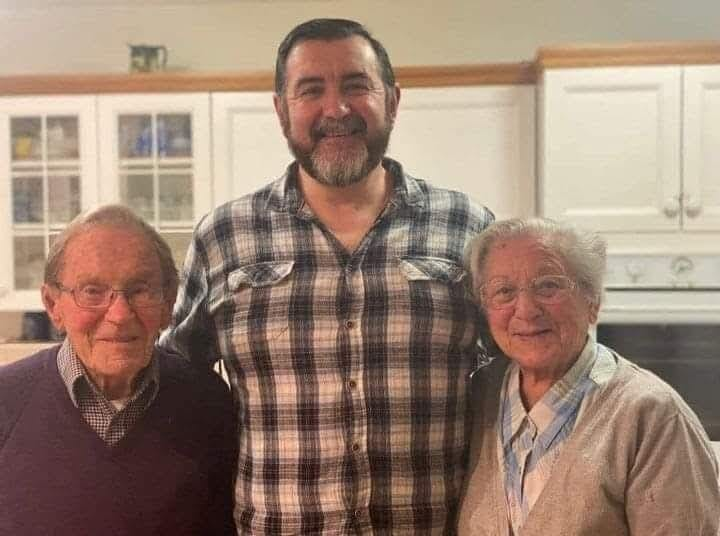When I reflect on my childhood today, one thing stands out: my parents were older than most when they had me and my sister. In the era of the 1970s, many people tended to start families earlier — in their 20s or early 30s. But in our family, things unfolded differently.
A father’s discreet success
My dad was 42 when I was born. That age, especially back then, was somewhat uncommon for new fathers. Yet he didn’t flaunt it; he wasn’t the kind of father to draw attention to status or wealth. To many, he appeared modest — sometimes mistaken for someone who worked outdoors or in manual labor. In fact, he cherished time outdoors, hiking or wandering in nature, giving that impression more than projecting a business executive image.
But behind that quiet demeanor was a man of sharp intellect, ambition, and drive. By that point in his life, he had already become a partner in a well-regarded accounting firm. Over time, he quietly acquired commercial properties and real estate investments, generating income that most people around us didn’t even suspect existed.
Even as a child, I had inklings that our life wasn’t “average.” When I was 11 or 12, I started to compare notes with classmates. I noticed:
- None of my schoolmates lived in my neighborhood
- Very few families owned more than one car
- Hardly anyone besides us travelled overseas
- Owning a second home was rare in our circle
I remember asking myself: How did we manage this? It felt like we had access to a life many could only dream of — yet no one in our neighborhood or circle ever talked about mortgage statements, rent from properties, or investing in real estate.

The father I gradually understood
The more I learned, the more I appreciated how thoughtfully he built a protective, nurturing environment for us — often behind the scenes. He wasn’t ostentatious. He never demanded displays of superiority. Instead, he channeled his efforts into opportunities for our family — the travel, the experiences, the freedom to learn, the support for what we loved doing.
One of his greatest qualities was his encouragement without pressure. He would say things like, “Do your best,” rather than “You must be perfect.” He seemed to care more about effort and growth than raw results. And that attitude shaped who I would become.
He took us skiing, hiking, to museums, to aquariums, and to weekend adventures. He watched our sports games, helped with homework, and showed up — quietly but reliably — in our lives. For all the financial success he had, it was this consistency of presence and belief in us that truly defined him as a father.
The unusual path to success
It might be surprising to some, but my dad came from humble beginnings. He was born into a working-class family, in a time when opportunities were scarce. His father died during the Second World War, which left the family under strain — and he left school early to help support his siblings. Yet, he always carried ambition and faith in better possibilities.
Over time, he worked hard, studied part-time, and steadily built up his professional credentials and reputation. He never forgot where he came from. But his early life instilled in him a level of humility. That humility, combined with ambition, became the foundation of his parenting style: strong, quietly confident, generous, but never showy.
His generosity extended beyond finances. It was in the way he listened, guided, and believed — even when successes came slowly or setbacks appeared. And when our family life looked more comfortable than most around us, there was no arrogance or braggadocio — only gratitude.
What I see now — in hindsight
Today, looking back, I realize how profoundly his choices shaped my sister’s and my trajectory. Because he was older, he had more emotional and financial capacity at the time we were growing up, which translated into stability, opportunity, and perspective. He could invest in us (education, travel, experiences) without as much volatility as younger parents sometimes face.
I built a successful career in a completely different field than his — but I often recognize echoes of his approach: the balance of ambition and calm, the encouragement without pressure, the grounding in past struggle but the vision toward possibility.
He is still alive today — in his mid-90s — and I feel lucky every day that I got to see him age, to talk to him, to know his story in full. I’m proud of what he accomplished, but even prouder of who he was in private — to his children, behind the scenes, shaping lives gently but firmly.